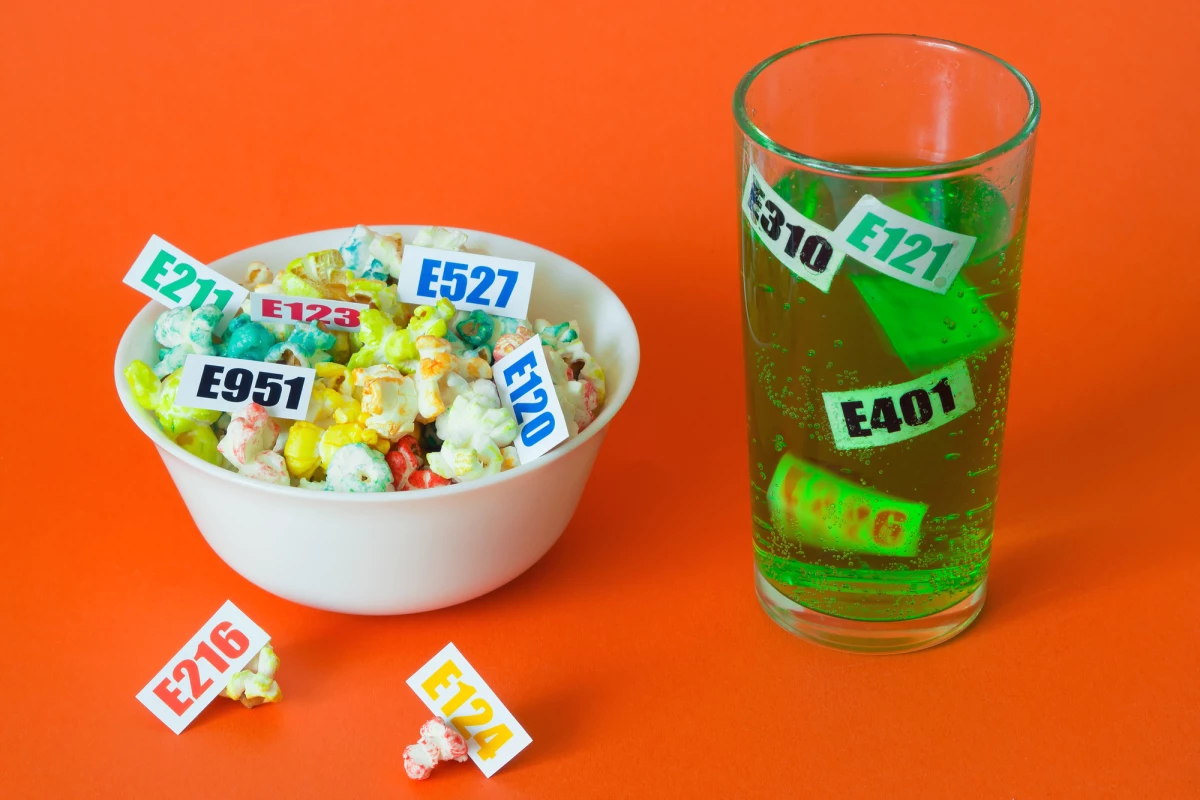New research from the University of Massachusetts Amherst is adding weight to a growing body of evidence suggesting the food additive titanium dioxide, also known as E171, can disrupt the gut microbiome, leading to colonic inflammation.
Titanium dioxide has long been used as a food coloring additive, but at the beginning of 2020 France became the first country in the world to ban the compound being used for this purpose. Over recent years many global companies have moved to stop using titanium dioxide as a food additive amidst growing concerns over its safety, however, it still can be found in hundreds of foods.
Much of the current debate over the safety of titanium dioxide as a food additive revolves around particle size. The majority of titanium dioxide particles used in food additives are relatively large – over 100 nanometers (nm) in diameter – so most toxicology research has focused on the health effects of consuming those larger particles.
More recent study has suggested titanium dioxide nanoparticles (those particles less than 100 nm in diameter) may be more bioactive, with a greater propensity to induce adverse effects compared to larger particles. One analysis of titanium dioxide particles used as food additives found 36 percent of particles were less than 100 nm in diameter.
“The bigger particles won’t be absorbed easily, but the smaller ones could get into the tissues and accumulate somewhere,” says Hang Xiao, lead author on the new study.
The new research explored the effects of different sized titanium dioxide particles in both obese and non-obese mice. After eight weeks of feed supplemented with either 112-nm or 33-nm titanium dioxide particles, no severe toxic effects were noted, but a number of other adverse effects were detected.
“In both the non-obese mice and obese mice, the gut microbiota was disturbed by both E171 [112 nm] and TiO2 NPs [33 nm],” Xiao says. “The nanosized particles caused more negative changes in both groups of mice.”
While both kinds of titanium dioxide particles induced inflammation in the animals, the smaller nanoparticles caused significantly greater levels of colonic inflammation. These negative effects from the nanoparticles were greater in the obese animals eating a high-fat diet. The researchers hypothesize a possible synergistic relationship between the titanium dioxide nanoparticles and a high-fat diet, leading to a greater negative effect on the microbiome than either factor alone.
“I think our results have a lot of implications in the food industry and on human health and nutrition,” says Xiao. “The study confirmed a strong linkage between foodborne titanium dioxide nanoparticles (TiO2 NPs) and adverse health effects.”
It is important to note this is a small study, only performed in animals, so the findings cannot be immediately applied to humans. However, there is a growing volume of research investigating the differences in bioavailability between compounds previously considered safe, and their smaller nano-sized counterparts.
The new study was published in the journal Small.




